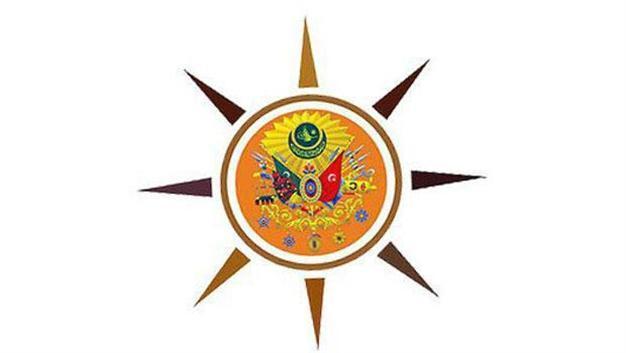Turkish Prime Ministry issues circular against ‘malevolent’ Ottoman Hearths
ISTANBUL
 Prime Ministry Undersecretary Kemal Madenoğlu has issued a circular on behalf of Turkish Prime Minister Ahmet Davutoğlu, warning public institutions against meeting illegal demands by the Ottoman Hearths group due to their “malevolent” attempts to create an illusion of presidential patronage.
Prime Ministry Undersecretary Kemal Madenoğlu has issued a circular on behalf of Turkish Prime Minister Ahmet Davutoğlu, warning public institutions against meeting illegal demands by the Ottoman Hearths group due to their “malevolent” attempts to create an illusion of presidential patronage. According to reports by Turkish daily HaberTürk, the circular claimed the Ottoman Hearths has been using its website to misinform the public and create the illusion of a “special and privileged guardianship” from Turkish President Recep Tayyip Erdoğan.
“We were informed that the association has been manipulating this belief malevolently in order to gain unfair personal advantages from public institutions,” the statement was quoted as saying.
The circular stressed that publications by the Ottoman Hearths “did not reflect reality,” and the social perception of the group was “unmerited and incorrect.”
The Prime Ministry warned public servants to be careful in evaluating demands by associations and civil society organizations, particularly the Ottoman Hearths.
Public bodies were requested to “provide assistance without granting any privileges and within legal boundaries,” and to resort to legal means in case of an imposition or an illegal venture.
With a logo resembling the symbol of the Justice and Development Party (AKP) and self-declared devotion to Erdoğan, the Ottoman Hearths has been accused of attacking political party buildings, including the Republican People’s Party (CHP) headquarters in Ankara’s Sincan district, and staging the mob attacks targeting daily Hürriyet’s headquarters in Istanbul on Sept. 6 and Sept. 8.
The chair of the group, Kadir Canpolat, was briefly detained in 2006 alongside five others upon claims on scheming to launch an armed attack against Pope Benedict during his visit to Turkey.
The head of the group’s Istanbul Youth Branch, Furkan Gök, is also a controversial figure who created an uproar for “wishing God’s mercy” on the perpetrator of the Suruç bomb attack that killed 33 members of a socialist youth group and wounded more than 100 on July 20.
Gök later claimed his account had been hacked and the tweet was not written by him. However, he recently tweeted another provocative statement on his Twitter account after the killing of Diyarbakır Bar Association head Tahir Elçi on Nov. 28.
“He [Elçi] said ‘the PKK [outlawed Kurdistan Workers’ Party] is not a terror organization,’ but the PKK killed him! Now he knows what the PKK is!” wrote Gök, referring to Elçi’s statements on private broadcaster CNN Türk where he defined the PKK as a “political movement” with some actions of “a terrorist nature.”
While Elçi was charged with spreading terrorist propaganda, CNN Türk was also fined 70,000 Turkish Liras by the Supreme Board of Radio and Television (RTÜK) for “praising a terrorist organization.”
Meanwhile, the AKP denies any organic ties to the Ottoman Hearths and argues that driving such parallels is “malignant.”
AKP deputy chair Ekrem Erdem said on Sept. 11 that his party “had neither an official nor an emotional link to the Ottoman Hearths,” claiming that drawing a parallel between the two carried only “bad intentions.”
















